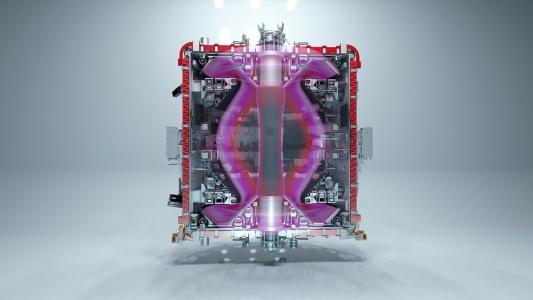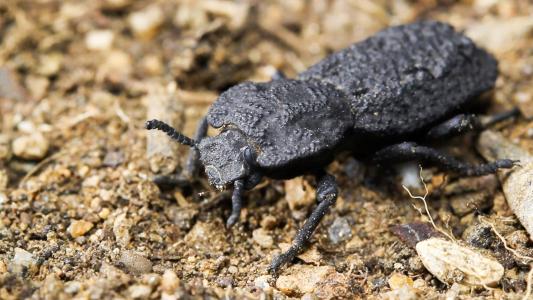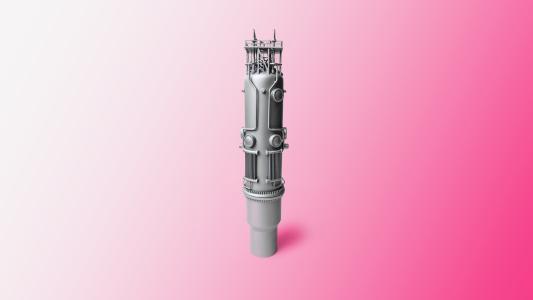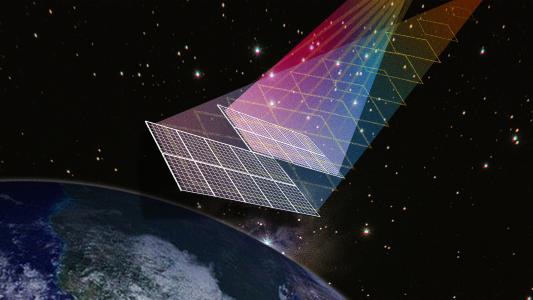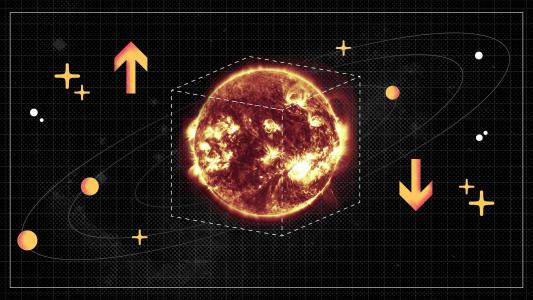Engineering
Mapping the ocean floor with an underwater "GPS"
MIT researchers have developed an underwater, sound-based navigation system that could make it possible to map the entire ocean floor.
Nuclear fusion machine turns on for the first time
A new spherical tokamak in the U.K. could overcome one of the biggest hurdles to nuclear fusion power: the “exhaust problem”
The "Iron Man" of beetles could inspire super-durable cars and planes
The diabolical ironclad beetle could be the next big thing in biomimicry, inspiring the design of extra-durable planes, cars, and more.
Nokia is building a 4G network on the moon
As part of NASA's "Tipping Point" program, Nokia will establish a 4G network on the moon to help astronauts communicate with each other and Earth.
Super bright X-ray lets doctors see the atoms inside viruses
The x-ray beams produced by the Extremely Brilliant Source, a new synchrotron, are so bright, they can be used to create images with atomic-level detail.
Mini nuclear reactors take big step forward in the US
NuScale Power’s small modular reactors generate less energy than full-sized nuclear reactors, but they might also be cheaper and safer.
24/7 solar power is on the horizon
Researchers at the Air Force Research Laboratory are planning new solar power tech that collects energy in outer space and laser-beams it back to Earth.
Series|
Guardians of the Apocalypse
Geoengineering: Our last defense against climate change
Reflecting the sun’s rays is a proposed last-ditch effort to mitigate the effects of global warming. This Harvard research team is trying to better understand the potential risks in order to save the planet.
Move the sun, save the earth: the plan to relocate our solar system
This stellar engine could harness the power of the sun to drag our solar system throughout the galaxy, preventing a catastrophic collision.
Series|
Guardians of the Apocalypse
NASA’s plan to stop an asteroid headed for Earth
In 2013, a small meteor exploded above Chelyabinsk, Russia that sent over 1,200 people to the hospital. Now, NASA has plans to detect Earth-bound asteroids and defend the planet from another large-scale catastrophe.

